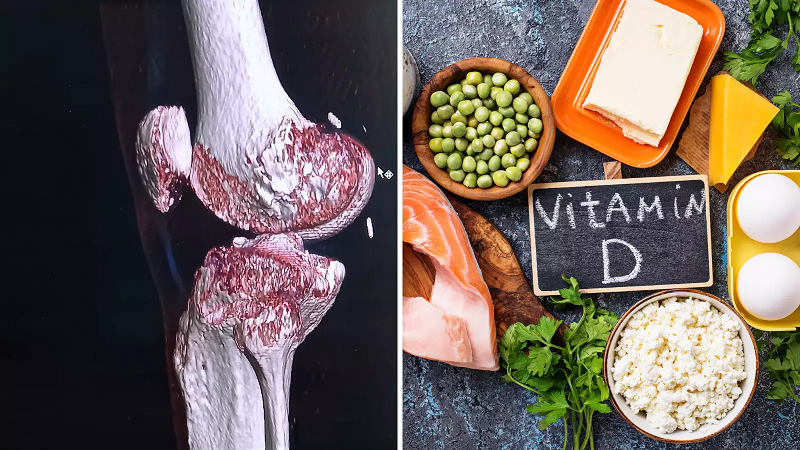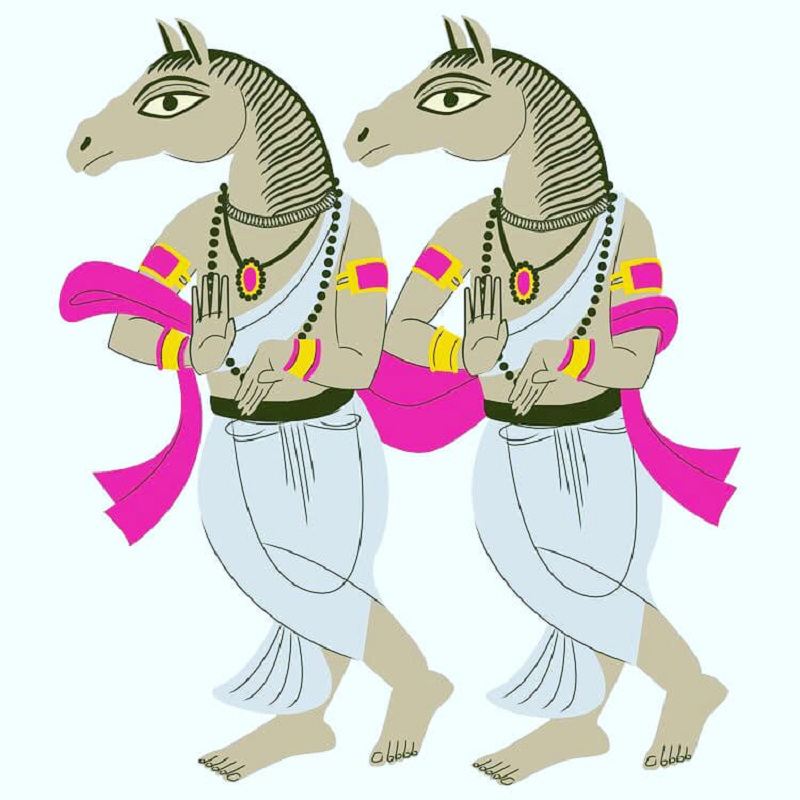By Santosh Jangid- Friends, to maintain a healthy human body, you need various vitamins and nutrients, in such a situation, if we talk about vitamin D, then it is an important vitamin for overall health, a deficiency of this important nutrient in the body can cause a variety of health problems, many of which may be subtle or difficult to recognize initially. Today, through this article, we will tell you what are the symptoms of vitamin D deficiency in the body and what should be included in the diet to fulfill it-

Bone pain and muscle weakness
One of the early symptoms of vitamin D deficiency is bone pain, especially in the spine, pelvis and leg bones. This can cause discomfort, muscle pain and fatigue, making daily activities more difficult.
Tingling sensation and difficulty walking

Another symptom is a tingling or pricking sensation in the hands or feet. This sensation is often caused by nerve irritation due to vitamin D deficiency. Additionally, balance and walking difficulties may occur due to weak muscles in the hips or legs, which can lead to stumbling.
Bone deformities and fractures
Long-term vitamin D deficiency can cause bone deformities such as abnormal bone growth, scoliosis, or crooked legs. Individuals may also have a history of frequent bone fractures or breaks, as bones become more brittle due to lack of calcium absorption, which is facilitated by vitamin D.

Symptoms in children In children, vitamin D deficiency can manifest as irritability, fatigue, delayed growth, and changes in bone structure. In infants, the first sign may be muscle cramps, also known as tetany, which can cause rickets
Conditions and medications
Certain medical conditions, such as Crohn's disease, cystic fibrosis and celiac disease, as well as medications such as laxatives, cholestyramine, prednisone and others, can reduce your body's ability to absorb or use vitamin D.










